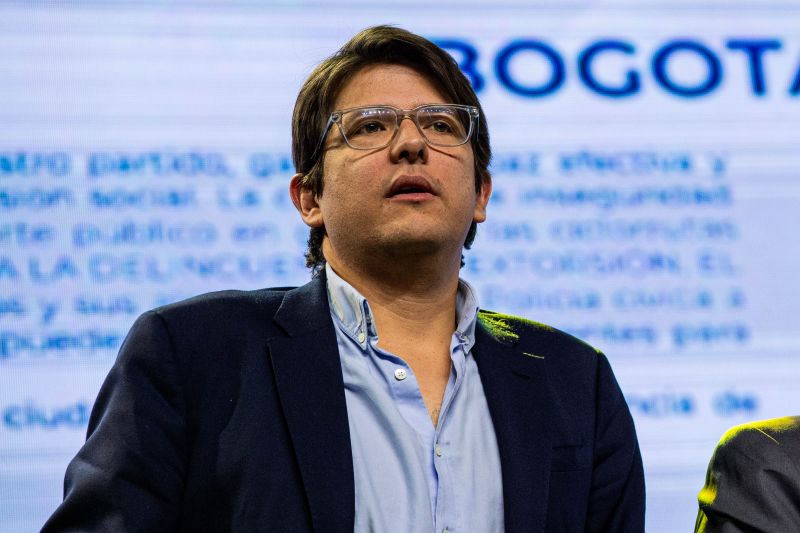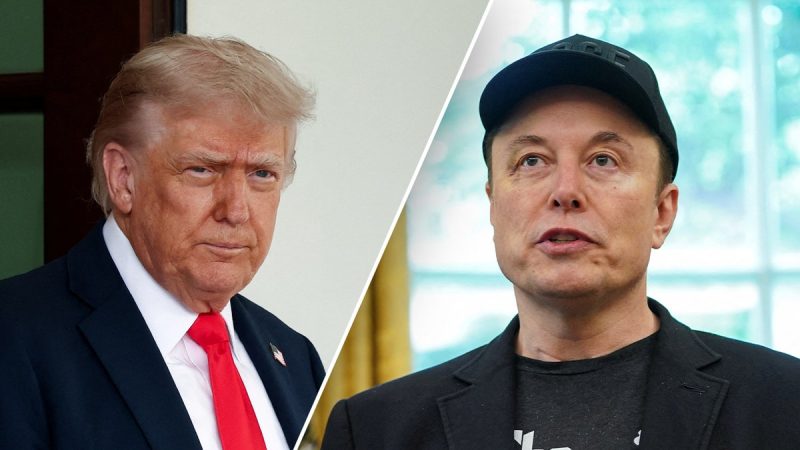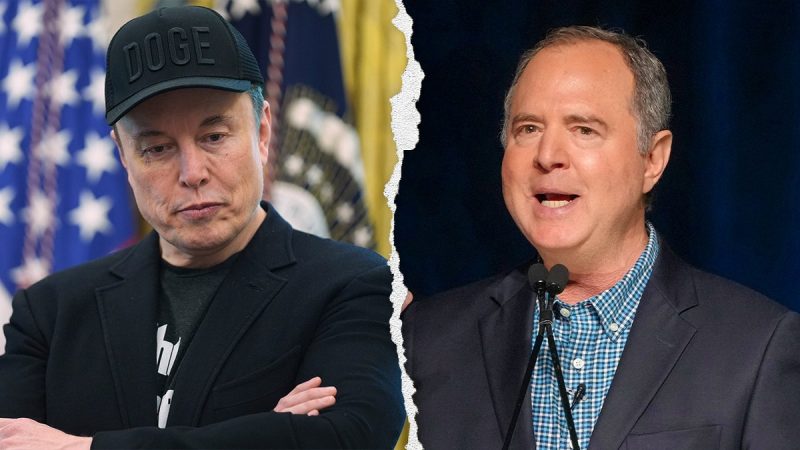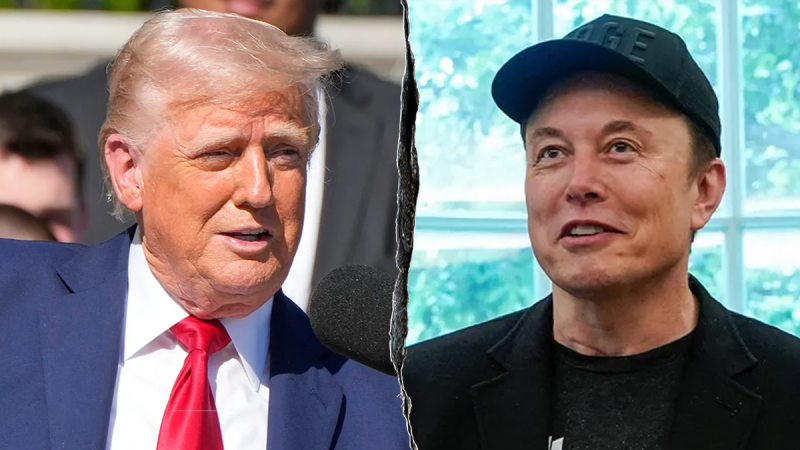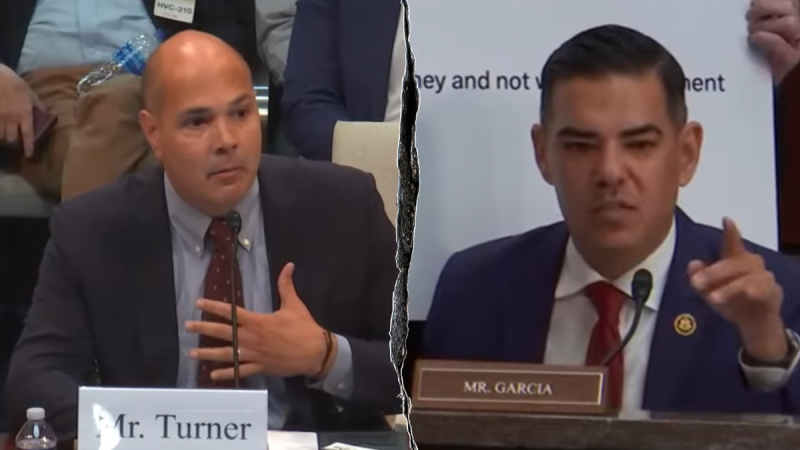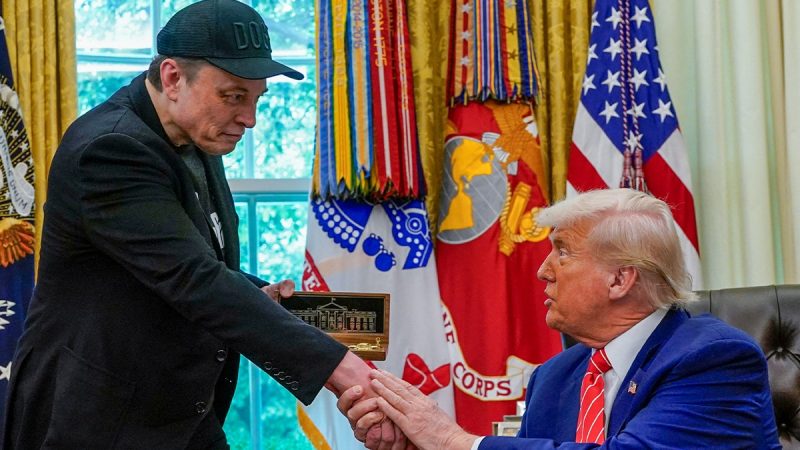
Ukraine sent dozens of its own citizens to Russia last month, releasing them from prisons in an attempt to secure the release of dozens of Ukrainian civilians held illegally in Russian jails – a move described by human rights activists as desperate and worrying.
According to the Ukrainian government, 70 Ukrainian civilians convicted of collaborating with Russia were released as part of the 1,000 for 1,000 prisoner exchange between Kyiv and Moscow last month.
Ukraine said all of them went into exile voluntarily, as part of a government scheme that gives anyone convicted of collaborating with Russia the option of being sent there.
But human rights groups and international lawyers say the scheme is problematic, contradicts previous statements made by the Ukrainian government, and could potentially put more people at risk of being snatched by the Russians.
“I completely understand the sentiment, we all want the people (who are detained in Russia) to be released as quickly as possible and Russia has no will to do that… but the solution that is offered is definitely not the right one,” said Onysiia Syniuk, a legal analyst at Zmina, a Ukrainian human rights group.
The program, called “I want to go to my own,” was launched last year by Ukraine’s Coordination Headquarters for the Treatment of Prisoners of War, the Ministry of Defense, the Security Service and the parliament’s Commissioner for Human Rights.
A government website outlining the program includes photos and personal information of some of the 300 Ukrainian people that the government says have signed up to the program.
The profiles of 31 of them are stamped with a picture of a suitcase and the words “HAS LEFT,” with a note saying he or she “left for Russia while at the same time real Ukrainians returned home.”
Bargaining chips
According to Kyiv, at least 16,000 Ukrainian civilians are known to be detained in Russia, although the real number is likely to be much higher. Some 37,000 Ukrainians, including civilians, children and members of the military, are officially recognized as missing.
Many have been detained in occupied territories, detained for months or even years without any charges or trial, and deported to Russia. They include activists, journalists, priests, politicians and community leaders as well as people who appear to have been snatched by Russian troops at random at checkpoints and other places in occupied Ukraine.
The detention of civilians by an occupying power is illegal under international laws of conflict, except for in a few narrowly defined situations and with strict time limits.
Because of that, there is no established legal framework for the treatment and exchange of civilian detainees in the same way there is for prisoners of war.
Russia has, in some cases, claimed that the Ukrainian civilians it is holding are prisoners of war and should be recognized as such by Ukraine. Kyiv has been reluctant to do so because it could put civilians living in occupied areas of Ukraine at risk of being arbitrarily detained by Russia as it seeks to grow its pool for future exchanges.
Kyiv has rallied its allies to increase pressure on Russia over the issue and tried to get Moscow to agree to release the detained civilians through third countries, similar to the way some Ukrainian children have been returned with the help of Qatar, South Africa and the Vatican.
Several international organizations, including the United Nations and the Organization for Security and Co-operation in Europe (OSCE), have also repeatedly called on Moscow to unconditionally release its civilian detainees.
Russia has ignored the pleas.
The “I want to go to my own” program is an attempt by Kyiv to get some of the detained civilians back without having to recognize them as prisoners of war.
But human rights groups are urging the Ukrainian government to continue to press for unconditional release of civilians. “Under international humanitarian law, it is not possible to talk about exchanging civilians. All civilians unlawfully detained must be released unconditionally,” said Yulia Gorbunova, a senior researcher on Ukraine at Human Rights Watch (HRW).
Announcing the 1,000 for 1,000 exchange, Ukraine’s President Volodymyr Zelensky hinted as much.
“I would like to thank our law enforcement officers today for adding Russian saboteurs and collaborators to the exchange fund,” the president said, while also thanking Ukrainian soldiers for capturing Russian troops on the front lines.
‘Political prisoners’
But it seems that the scheme did not yield the results Kyiv was hoping for.
The headquarters said the returnees included a group of at least 60 Ukrainian civilians who were convicted of criminal offenses unrelated to the war.
After completing their sentences, Russian authorities were supposed to deport these prisoners from the occupied territories back to Ukraine. Instead, it kept them, unlawfully, in detention centers normally used for illegal immigrants and only released them as part of the 1,000 for 1,000 prisoner swap.
The RussianHuman Rights Commissioner Tatyana Moskalkova described the convicted Ukrainian collaborators sent to Russia as “political prisoners,” but did not give any more details on who they were or what would happen to them next.
The “I want to go to my own” website gives details of some those sent to Russia in the prisoner exchange, including the offenses they were convicted of. Many were serving years-long sentences for collaboration with Moscow. Some were convicted of supporting the invasion or sharing information with Russian troops. Most received sentences of between five and eight years in prison.
But human rights lawyers say the Ukrainian collaboration law under which these people were sentenced is itself problematic.
HRW has previously issued an extensive report criticizing the anti-collaboration law, calling it flawed.
Gorbunova said the group analyzed close to 2,000 verdicts and that while there were genuine collaborators among them, a lot of them were “people who, under international humanitarian law, should not have been prosecuted.”
She said these included cases where there’s been “little or no harm done” and or where there was no intent to harm national security. Some of the cases involve people who had been working in public service in areas that were then occupied and who had simply continued doing their jobs.
“Helping people on the streets, people who are sick or have disabilities, distributing humanitarian aid. Teachers, firefighters, municipal workers who collect trash, that type of thing – they could be convicted of working for the occupation as collaborators,” she said.
“That is not to say that there are no actual collaborators who commit crimes against national security…who should be punished, (but) this legislation is so vague that essentially a very wide range of activities of people living and working under occupation could qualify as collaboration, which is troubling and problematic,” she said.
While the initiative’s website includes what it says are handwritten notes from each of the convicted collaborators indicating their wish to leave for Russia, human rights organizations say the way in which they have been disowned by their country is ethically dubious.





